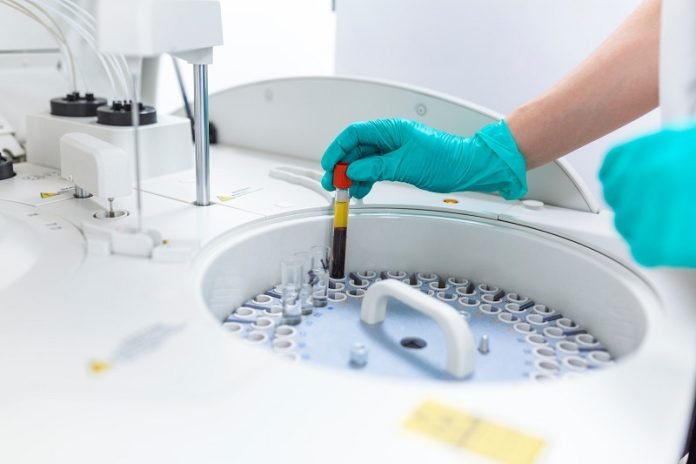
Pancreatic cancer is often mistaken for chronic inflammation of the pancreas, which is a problem because the treatment for each is very different.
This mix-up can lead to either delayed treatment or unnecessary surgeries.
But scientists at the German Cancer Research Center and Heidelberg University Hospital may have found a way to more accurately tell the difference.
Why is it Hard to Diagnose Pancreatic Cancer?
Diagnosing pancreatic cancer is tricky for a few reasons. First, it’s often discovered late, making treatment less effective.
Second, current ways to diagnose it, like imaging scans and biopsies, can confuse cancer with chronic inflammation. This is a big issue because chronic inflammation is both common and a risk factor for developing pancreatic cancer.
So, if you’re diagnosed with chronic inflammation but you actually have cancer, you lose precious time for treatment.
On the other hand, if you’re wrongly diagnosed with cancer when you only have inflammation, you might go through serious, unnecessary surgery.
A More Precise Method Using DNA Markers
The team of scientists set out to find a more reliable way to distinguish between these two conditions. They studied tissue samples from the pancreas of 345 patients and ran tests to understand differences at the DNA level.
With the help of machine learning, they identified a specific pattern in DNA that could accurately tell chronic inflammation from cancer.
In simpler terms, they found specific changes in the DNA that were like ‘flags’ or ‘markers.’
These markers were found to be very accurate in telling the difference between inflammation and cancer in tissue samples. They even checked their findings by testing 48 more samples and got the same results.
Blood Tests Could Make Diagnosis Even Easier
The good news is, this DNA marker test could potentially be done with a blood sample instead of a tissue biopsy, making the diagnosis less invasive.
They’ve done some initial testing to show that this is possible, but more work is needed to confirm that this would work in real-world clinical settings.
“If the result is confirmed in this process, it could have a significant impact on clinical care and patient prognosis,” says Jörg Hoheisel, who led the study.
He also believes that the same approach could be useful for diagnosing other diseases as well.
So while it’s still early days for this research, the findings are promising. They offer a new, more accurate way to diagnose a condition that often goes undetected until it’s too late.
This could be a game-changer in treating pancreatic conditions more effectively and could even be a model for diagnosing other diseases down the line.
If you care about pancreatic cancer, please read studies about new vaccine to prevent pancreatic cancer, and new therapy to kill pancreatic cancer from within.
For more information about cancer, please see recent studies about herb that may help treat pancreatic cancer, and results showing how to detect pancreatic cancer at treatable stages.
The research findings can be found in Gut.
Follow us on Twitter for more articles about this topic.
Copyright © 2023 Knowridge Science Report. All rights reserved.



